Interesting to get this perspective on ‘Big Tech’ from The Guardian, on how it’s become tempting to blame the big Silicon Valley players for some of the problems we have today. The angle Moira Weigel takes is that there needs to be more democracy in the system, where workers need to unite and respecting those who shape the technologies that are being used.
I want to add a few far simpler thoughts.
At the turn of the century, our branding profession was under assault from No Logo and others, showing that certain brands were not what they were cracked up to be. Medinge Group was formed in part because we, as practitioners, saw nothing wrong with branding per se, and that the tools could be used for good. Not everyone was Enron or Nike. There are Patagonia and Dilmah. That led to the original brand manifesto, on what branding should accomplish. (I was generously given credit for authoring this at one point, but I was simply the person who put the thoughts of my colleagues into eight points. In fact, we collectively gathered our ideas into eight groups, so I can’t even take credit for the fact there are eight points.)
In 2017, we may look at Über’s sexism or Facebook’s willingness to accept and distribute malware-laden ads, and charge tech with damaging the fabric of society. Those who dislike President Trump in the US want someone to blame, and Facebook’s and Google’s contributions to their election in 2016 are a matter of record. But it’s not that online advertising is a bad thing. Or that social media are bad things. The issue is that the players aren’t socially responsible: none of them exist for any other purpose than to make their owners and shareholders rich, and the odd concession to not doing evil doesn’t really make up for the list of misdeeds that these firms add to. Many of them have been recorded over the years on this very blog.
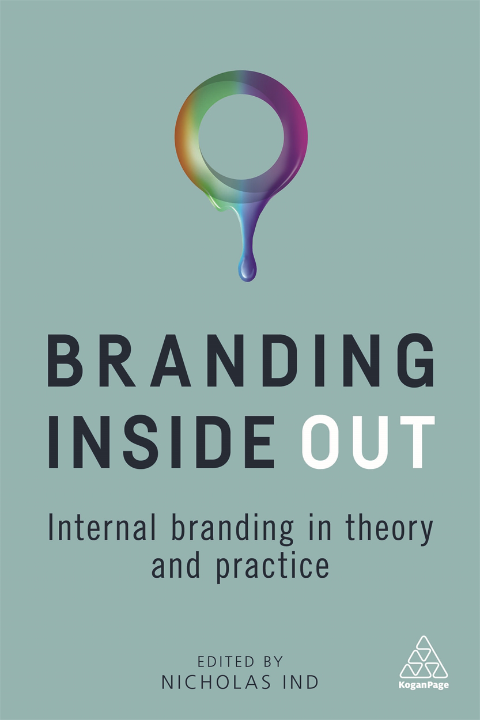 Much of what we have been working toward at Medinge is showing that socially responsible organizations actually do better, because they find accord with their consumers, who want to do business or engage with those who share their values; and, as Nicholas Ind has been showing in his latest book, Branding Inside Out, these players are more harmonious internally. In the case of Stella McCartney, sticking to socially responsible values earns her brand a premium—and she’s one of the wealthiest fashion designers in the world.
Much of what we have been working toward at Medinge is showing that socially responsible organizations actually do better, because they find accord with their consumers, who want to do business or engage with those who share their values; and, as Nicholas Ind has been showing in his latest book, Branding Inside Out, these players are more harmonious internally. In the case of Stella McCartney, sticking to socially responsible values earns her brand a premium—and she’s one of the wealthiest fashion designers in the world.
I just can’t see some of the big tech players acting the same way. Google doesn’t pay much tax, for instance, and the misuse of Adwords aside, there are allegations that it hasn’t done enough to combat child exploitation and it has not been a fair player when it comes to rewarding and acknowledging media outlets that break the news, instead siding with corporate media. Google may have open-source projects out there, but its behaviour is old-school corporatism these days, a far cry from its first five years when even I would have said they were one of the good guys.
Facebook’s problems are too numerous to list, though I attempted to do so here, but it can be summed up as: a company that will do nothing unless it faces embarrassment from enough people in a position of power. We’ve seen it tolerate kiddie porn and sexual harassment, giving both a “pass” when reported.
Yet, for all that they make, it would be reasonable to expect that they put more people on the job in places where it mattered. The notion that three volunteers monitor complaints of child exploitation videos at YouTube is ridiculous but, for anyone who has complained about removing offensive content online, instantly believable; why there were not more is open to question. Anyone who has ventured on to a Google forum to complain about a Google product will also know that inaction is the norm there, unless you happen to get to someone senior and caring enough. Similarly, increasing resources toward monitoring advertising, and ensuring that complaints are properly dealt with would be helpful.
Google’s failure to remove content mills from its News is contributing to “fake news”, yet its method of combatting that appears to be taking people away from legitimate media and ranking corporate players more highly.
None of these are the actions of companies that want to do right by netizens.
As Weigel notes, there’s a cost to abandoning Facebook and Google. But equally there are opportunities if these firms cannot provide the sort of moral, socially responsible leadership modern audiences demand. In my opinion, they do not actually command brand loyalty—a key ingredient of brand equity—if true alternatives existed.
Duck Duck Go might only have a fraction of the traffic Google gets in search, but despite a good mission its results aren’t always as good, and its search index is smaller. But we probably should look to it as a real alternative to search, knowing that our support can help it grow and attract more investment. There is room for a rival to Google News that allows legitimate media and takes reports of fake news sites more seriously. If social media are democratizing—and there are signs that they are, certainly with some of the writings by Doc Searls and Richard MacManus—then there is room for people to form their own social networks that are decentralized, and where we hold the keys to our identity, able to take them wherever we please (Hubzilla is a prime example; you can read more about its protocol here). The internet can be a place which serves society.
It might all come back to education; in fact, we might even say Confucius was right. If you’re smart enough, you’ll see a positive resource and decide that it would not be in the best interests of society to debase it. Civility and respect should be the order of the day. If these tools hadn’t been used by the privileged few to line their pockets at the expense of the many—or, for that matter, the democratic processes of their nations—wouldn’t we be in a better place? They capitalized on divisions in society (and even deepened them), when there is far more for all of us to gain if we looked to unity. Why should we allow the concentration of power (and wealth) to rest at the top of tech’s food chain? Right now, all I see of Google and Facebook’s brands are faceless, impersonal and detached giants, with no human accountability, humming on algorithms that are broken, and in Facebook’s case, potentially having databases that have been built on so much, that it doesn’t function properly any more. Yet they could have been so much more to society.
Not possible to unseat such big players? We might have thought once that Altavista would remain the world’s biggest website; who knew Google would topple it in such a short time? But closer to home, and speaking for myself, I see The Spinoff and Newsroom as two news media brands that engender far greater trust than Fairfax’s Stuff or The New Zealand Herald. I am more likely to click on a link on Twitter if I see it is to one of the newer sites. They, too, have challenged the status quo in a short space of time, something which I didn’t believe would be possible a decade ago when a couple of people proposed that I create a locally owned alternative.
We don’t say email is bad because there is spam. We accept that the good outweighs the bad and, for the most part, we have succeeded in building filters that get rid of the unwanted. We don’t say the web is bad because it has allowed piracy or pornography; its legitimate uses far outweigh its shady ones. But we should be supporting, or trying to find, new ways to advertise, innovate and network (socially or otherwise). Right now, I’m willing to bet that the next big thing (and it might not even be one player, but a multitude of individuals working in unison) is one where its values are so clear and transparent that they inspire us to live our full potential. I remain an optimist when it comes to human potential, if we set our sights on making something better.
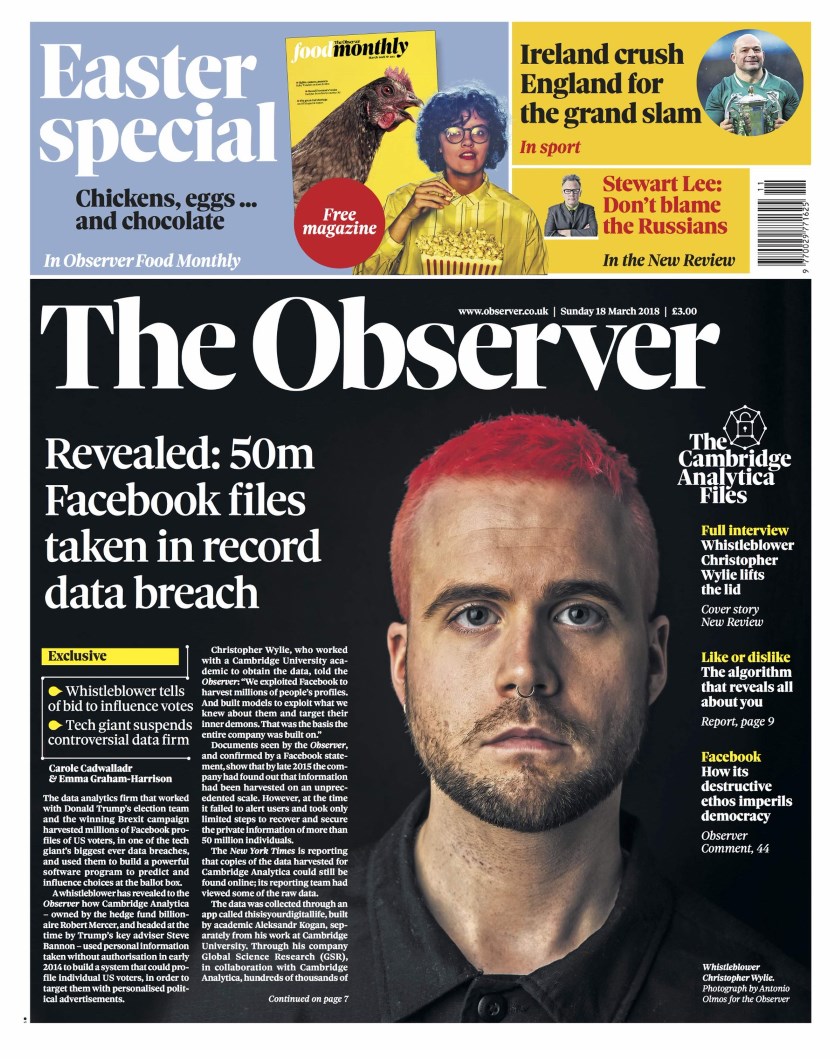
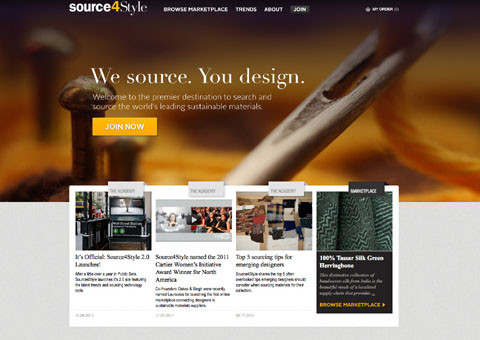

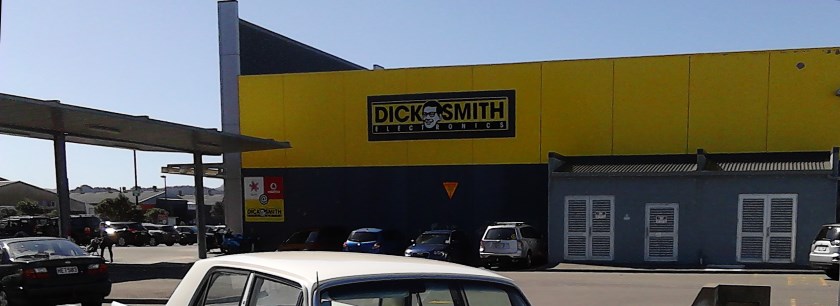


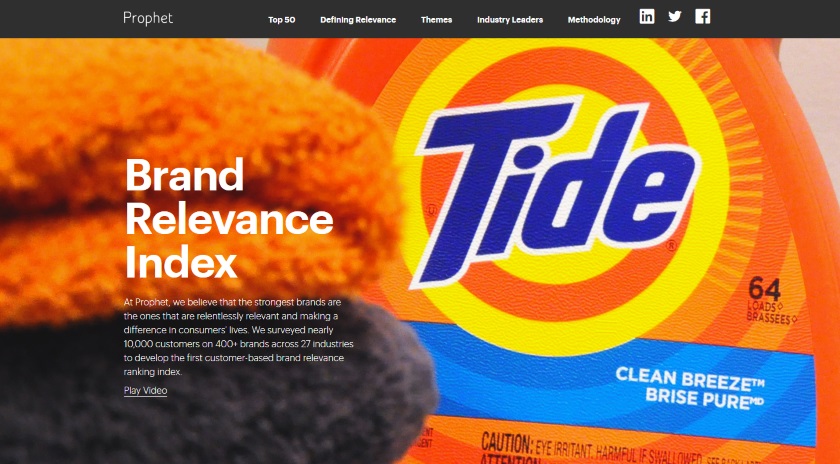
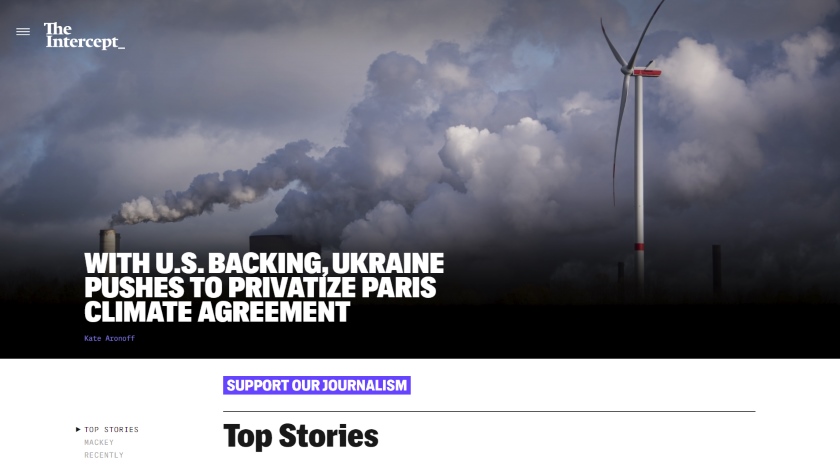
I like your optimism (and how you retain it, even as you keep both eyes open and see the world as it is).
I think we need to get ideas like “too big to fail” out of our lexicon. Nothing should be allowed to get that big, or us to be that reliant on it.
This exercise in disentangling myself from Facebook is a good example, and it really is akin to smoking – I only stay because my friends are there. I could argue that I “need” to be there to sell books, but honestly, Facebook’s done nothing at all for me in that regard. Even my experiment in using “targeted ads” was a bust; the people they showed them to did not fit the demographic (they were, for the most part, its opposite).
I guess it’s like a Pandora’s box, Holly: there’s always hope.
Though I had read some of my earlier blog posts recently and I was harping on about the same thing—which means I’ve been hoping for this imagined future for over half a decade and we’ve only just extricated ourselves from Facebook. Maybe Mastodon or Hubzilla are the future; at least those weren’t around in 2010–11 so what we are talking about now is less theoretical.
Facebook has sent minimal traffic to our sites according to the referrer stats, so I don’t see much point to it commercially, either. I hate to say it but Google has been the primary source of random visitors. In one of our businesses we ran a Facebook campaign last week—and netted one bite.
Right now I’m keen to move on to other networks (social or otherwise) and meet new people. I was on Vox with hardly any friends in 2006, and now I count the people I found there as among my very closest.
We (not necessarily you and me, but the public in general) seem to have forgotten that pre-Facebook, we did venture to new sites, discover new communities, and establish new friendships. Facebook created too comfortable a community with old buddies within. We never advanced inside the comfort zone, even with our friend networks. The more we remember this, the less reliant we might become on Facebook.